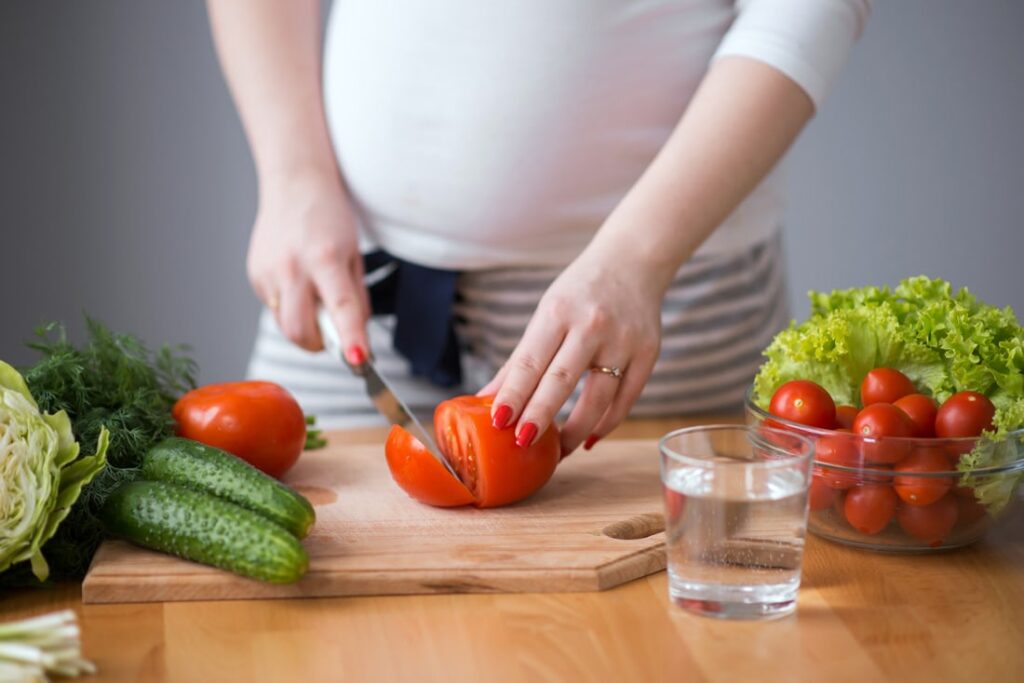Fertility is the capability to produce offspring through reproduction following the onset of sexual maturity. The period between 8 to 19 days after the completion of your menstrual cycle is the most fertile time of the month for you to conceive. This is called the ovulatory period. Various factors, such as nutrition, sexual behaviour, consanguinity, culture, instinct, endocrinology, timing, way of life, and emotions, govern your fertility.
Ways to promote fertility
Modifying your daily food is the simplest way to improve your fertility. Leafy greens, fresh fruits, lean proteins, healthy fats like avocado and olive oil, omega-3-rich food like egg, and nuts, fatty fish like salmon, and iron-rich food like beans, pumpkins, tomatoes, and beet increases the chances of natural pregnancy. Free radicles harm your body, including your fertility, as they can damage both sperm and egg cells.
Antioxidants like folate and zinc, which are present in your multivitamins, help improve fertility as it deactivates the free radicals in your body. It would help if you avoided excessive indulgence in caffeine, alcohol, tobacco, processed food, red meat, soy products, recreational drugs, refined carbohydrates,
and trans fats. Having a heavy breakfast with foods rich in fibre and more vegetable proteins with a high-fat diet helps improve fertility.
Stress is probably one of the most important reasons we encounter health problems. The daily hustle contributes to our stress leading to health issues for which we take additional pressure. The vicious cycle is never-ending. It is crucial to understand that mental and psychological health are closely linked to our reproductive health. Irregular menstrual cycles result from cortisol, a stress hormone that disrupts communication between the brain and ovaries.
If you feel that occupational stress, anxiety, and depression are what’s bothering you, stress reduction therapies are what you should investigate. You could also indulge yourself in regular mindfulness sessions proven to calm you down.
A sedentary lifestyle can cause infertility, whereas exercising and having an active lifestyle can improve fertility. Exercise helps maintain body weight which is crucial for improving fertility. If you have no other health concerns, start walking regularly for 30 minutes every day. You will notice a difference within a month. Next, increase the pace and start getting some aerobics into your routine. Getting an optimum amount of sleep is as vital as exercising. Irregular sleeping patterns disrupt hormonal balance, and you want to keep your hormones at optimal to be the most fertile.
Finally, remember to track your menstrual cycle using a period diary. This will make you aware of the days that you are the most fertile. Finally, keep a check on your general health. Take precautions against sexually transmitted infections such as chlamydia and gonorrhoea and seek medical care for conditions such as uncontrolled diabetes, celiac disease, and lupus, which can cause infertility.
An insight from mamahood
Suppose you have difficulty conceiving, and besides medical issues, you want to improve your fertility naturally. In that case, there is nothing to be worried about as there are several lifestyle changes, including diet, tracking ovulation, and health modification, that help increase the chances of pregnancy. It is, however, advised to seek medical help in case of infertility issues.








